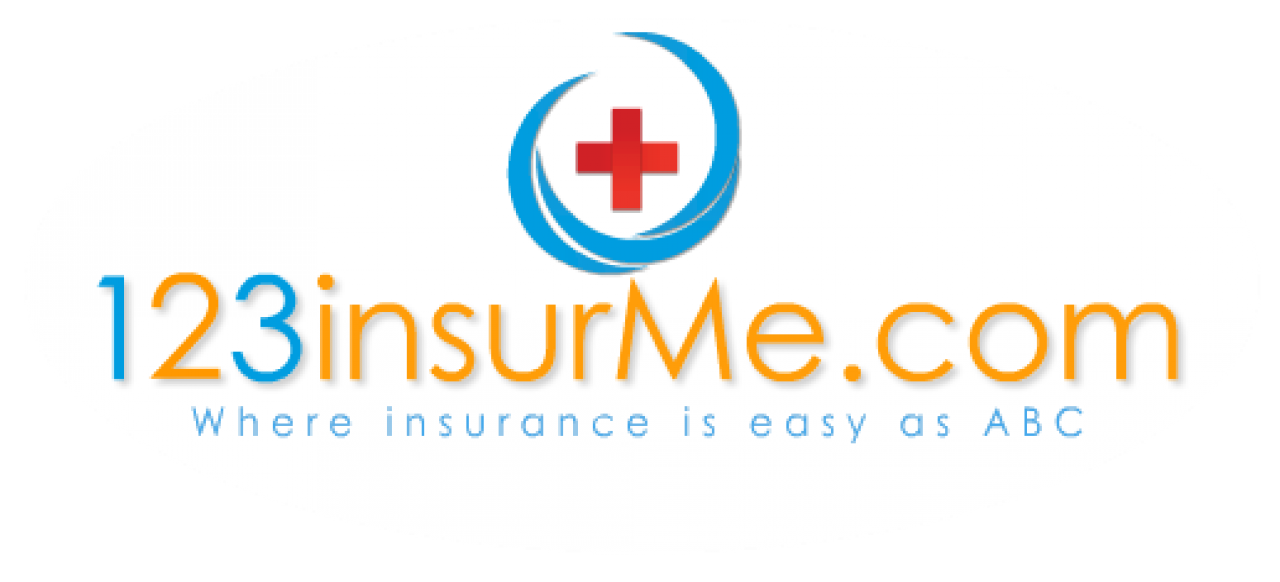(Reuters) — The Obama administration has delayed a step crucial to the launch of the new health care law, the signing of final agreements with insurance plans to be sold on federal health insurance exchanges starting Oct. 1.The U.S. Department of Health and Human Services notified insurance companies on Tuesday that it would not sign final agreements with the plans between Sept. 5 and 9, as originally anticipated, but would wait until mid-September instead, according to insurance industry sources.
Nevertheless, Joanne Peters, a spokeswoman for HHS, said the department remains “on track to open” the marketplaces on time on Oct. 1.
The reason for the holdup was unclear. Sources attributed it to technology problems involving the display of insurance products within the federal information technology system.
Ms. Peters said only that the government was responding to “feedback” from the companies, “providing additional flexibility and time to handle technical requests.”
Coming at a time when state and federal officials are still working to overcome challenges to the information technology systems necessary to make the exchanges work, some experts say that even a small delay could jeopardize the start of the six-month open enrollment period.
U.S. officials have said repeatedly that the marketplaces, which are the centerpiece of President Barack Obama’s signature health care reform law, would begin on time.
But the Oct. 1 deadline has already begun to falter at the state level, with Oregon announcing plans to scale back the launch of its own marketplace and California saying it would consider a similar move.Tuesday’s notification by the Centers for Medicare and Medicaid Services, the HHS agency spearheading marketplace development, affects insurance plans that would be sold in federal exchanges that the administration is setting up in 34 of the 50 U.S. states. The remaining 16 states, including Oregon and California, are setting up their own marketplaces.
“It makes me wonder if open enrollment can start on Oct. 1,” said a former administration official who worked to implement President Obama’s health care reform.
“But having everything ready on Oct. 1 is not a critical issue. What matters to people is Jan. 1, which is when the coverage is supposed to start. If that were delayed, it would be a substantive setback.”
Obama’s Patient Protection and Affordable Care Act is expected to extend federally subsidized health coverage to an estimated 7 million uninsured Americans in 2014 through the marketplaces.
But insurance plans must be qualified to meet specific standards if they are to be sold on the exchanges. And each insurer must sign a contract with the federal government.
The new timetable for qualified plan agreements is the latest in a series of delays for Obamacare.
The most significant came in early July when the White House and the Treasury Department announced a one-year delay in a major Obamacare provision that would have required employers with at least 50 full-time workers to provide health insurance or pay a penalty beginning in 2014.
Legal and political opposition from Republicans and their conservative allies have already fragmented Obamacare’s original vision.Only about half the states have opted to expand Medicaid program for the poor to uninsured families living below the poverty level, and Republicans in Congress have denied nearly $1 billion in new implementation funding this year alone.
The Government Accountability Office cautioned in June that the law known as Obamacare could miss the Oct. 1 enrollment deadline because of missed deadlines and delays in several areas including the certification of health plans for sale on the exchanges.
Another U.S. watchdog, the HHS Office of the Inspector General, warned earlier this month that the government was months behind testing data security for the federal data hub that represents the information technology backbone of the new marketplaces.
The state of Oregon has already scaled back the Oct. 1 debut of its own health care exchange by preventing state residents from signing up for coverage on their own until mid-October. California said last week that it, too, would consider a soft launch of its exchange if tests show it is not ready to accommodate wide public access.









 Tom Grill/Corbis
Tom Grill/Corbis ‘Grain Brain: The Surprising Truth About Wheats, Carbs, and Sugar—Your Brain’s Silent Killers’ By David Perlmutter, MD. 336 pages. Little, Brown. $27. (Getty)
‘Grain Brain: The Surprising Truth About Wheats, Carbs, and Sugar—Your Brain’s Silent Killers’ By David Perlmutter, MD. 336 pages. Little, Brown. $27. (Getty)